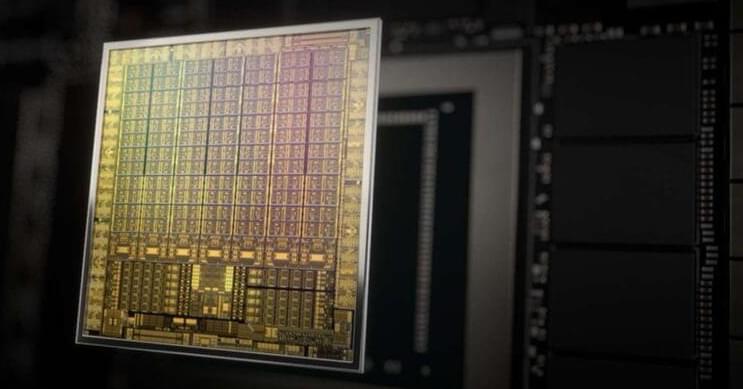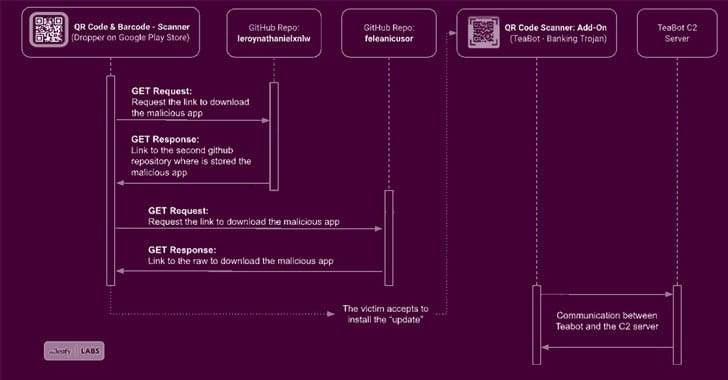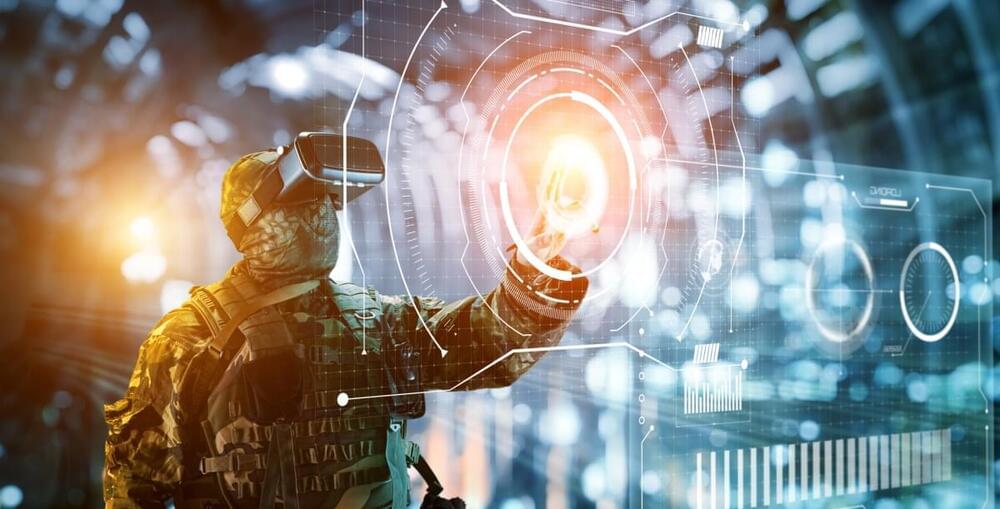The trial started in March 2021 and was completed in early 2022.




But no other genuine details have so far made it out of the stolen data folder.
The reported Nvidia hack has allegedly thrown up the codenames of a bunch of next-gen GPUs, which have now been leaked out to the press. The most pertinent ones for us would be the Lovelace GeForce GPUs, of which there are six listed, but here are also listings for the server-based Hopper and Blackwell GPUs. This looks to have come from an initial leak of some of the stolen documents, supplied to Videocardz.
The green team is allegedly being held to ransom over the Ethereum hash rate limiter attached to its most recent graphics card release after hacking group, Lapsus$, made off with around 1TB of sensitive data.



But they also request that Nvidia remove the mining performance limiter itself.
Following last week’s purported hack conducted by South-America-based Lapsus$ group, the hackers have now started to release data obtained from the 1 TB-worth of stolen information — and threaten to release a mining performance unlocker should Nvidia not do it first.

The hackers claimed that the attack was to “slow down the transfer” of troops moving from Belarus to northern Ukraine, saying that they had put the trains in “manual control” mode which would “significantly slow down the movement of trains, but will not create emergency situations.”
An ideological aversion to high-stakes situations has been expressed by other hacking groups. Anonymous, which has claimed a number of attacks on Russia’s banks and services, the websites of the President of the Russian Federation and Russia’s Ministry of Defence, has said that critical infrastructure is a “no-go” due to the risk of exacerbating the already tumultuous situation in eastern Europe.
Sergei Voitehowich, a former employee of Belarus’s state-owned Belarus Railway company, said that the Cyber Partisans had damaged the train traffic control system and that while it has been restored, other systems were experiencing issues and making it “impossible to buy tickets”, according to Bloomberg.

The “most advanced piece of malware” that China-linked hackers have ever been known to use was revealed today. Dubbed Daxin, the stealthy back door was used in espionage operations against governments around the world for a decade before it was caught.
But the newly discovered malware is no one-off. It’s yet another sign that a decade-long quest to become a cyber superpower is paying off for China. While Beijing’s hackers were once known for simple smash-and-grab operations, the country is now among the best in the world thanks to a strategy of tightened control, big spending, and an infrastructure for feeding hacking tools to the government that is unlike anything else in the world.

The publication in the Military-Industrial Kurier (VPK) on February 26, 2013, of an article by the Russian Chief of the General Staff, General Valery Gerasimov, entitled “The Value of Science in Foresight” [in Russian], has been seen by some analysts as a turning point in Russian military doctrine and the beginning of an explicit strategy of hybrid warfare. Indeed, information and cyber operations were an integral feature of Russia’s annexation of the Crimean Peninsula in 2014. Yet, the principal thesis of Gerasimov’s article is that alternative methods of conflict can be found to offset asymmetric disadvantages created by a superior enemy force. Such methods demand the application of the entire military-industrial complex to yield innovations in technology and tactics – the results of which can be seen in the proliferation of APT actors and computational propaganda operations observed by Western countries and their allies.
While we can only hope for a rapid cessation of the fighting in Ukraine, the consequences of Russian military intervention will extend far beyond the battlefield in years to come. Renewed focus and accelerated innovation and adoption of new technologies to protect the data and applications that Western societies depend on is now an imperative, not a choice – this is Gerasimov’s lesson.
The distinctions between war and peace, combatant and civilian, state actor and criminal proxy, are blurred in what has been termed the “fifth domain” of military operations. Collective cybersecurity in response to the increased prospect of cyberattack will demand not only political leadership, international cooperation, and industrial collaboration, but also the active participation of companies and individuals in the manner of civil defense, reminiscent of the Cold War. With the change in the world order brought about by Russia’s military action in Ukraine, we are all now standing on the frontline of cybersecurity.
